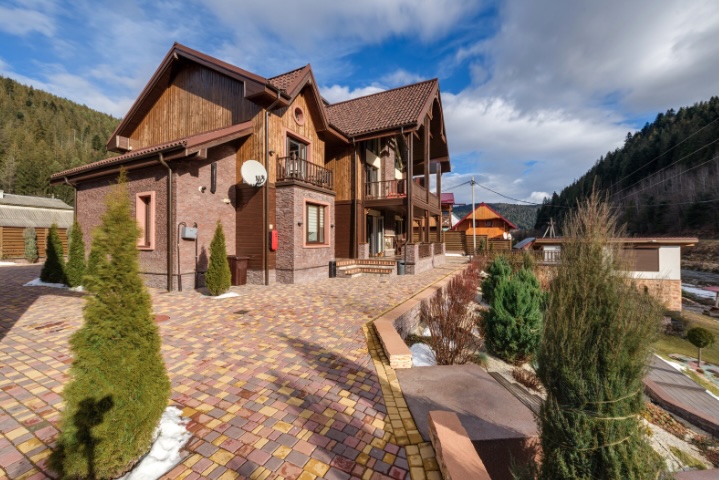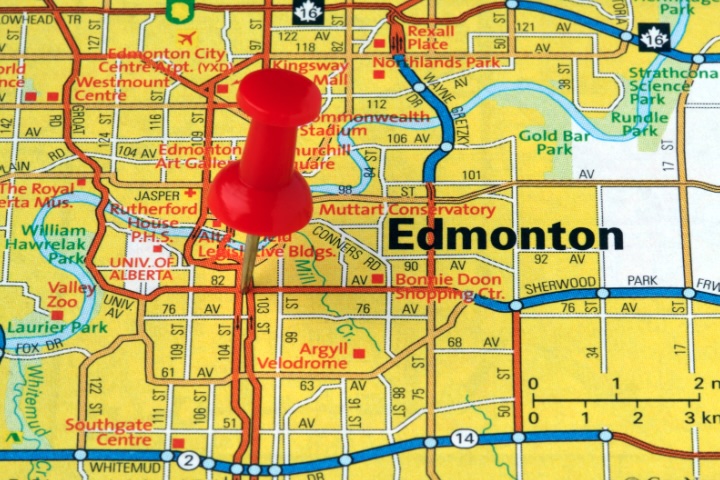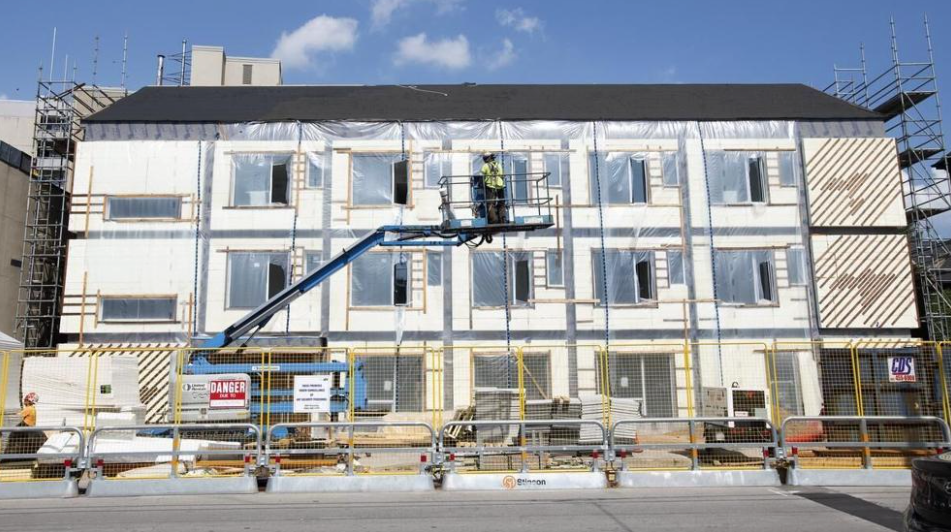Hamilton council approves millions to tackle growing homelessness crisis
The city will invest millions more this year to help get people off Hamilton’s streets.
And council has referred additional millions in potential efforts to tackle homelessness to next year’s budget talks.
But that array of emergency fixes and longer-term initiatives won’t be enough to solve the deepening crisis, city staff say.
“It’s a difficult solution to arrive at, and I don’t have any quick wins for us,” housing director Michelle Baird told Wednesday’s general issues committee.
A confluence of factors — lagging social-assistance rates, spiking rents, eroding affordable stock, enduring addiction and mental-health crises — has created “bottlenecks” in packed shelters.
“We’re seeing people stuck in the shelter system longer than we ever have,” Baird said.
Homelessness continues to surge in Hamilton, with 1,985 accessing services, such as shelters and drop-in centres, as of July 31 — an increase from 1,723 the month prior, a staff report notes.
“Although some of the rise is as a result of data-cleaning issues, this increase is our largest month-over-month increase in the last year.”
City politicians backed a series of immediate measures to respond to the problem:
- $4.1 million for emergency overflow hotel rooms for families;
- $600,000 for non-profit housing operator Indwell to provide support services to future tenants at CityHousing’s soon-to-open 24-unit building on King William Street;
- $2.3 million toward the construction of Indwell’s Acorn Flats, a 23-unit affordable-housing complex for families on Robert Street;
- $876,000 for overnight drop-in centres this winter is up for discussion at Thursday’s emergency and community services committee.
On Wednesday, city politicians also queued up for discussion millions more in potential initiatives in 2024 budget talks, including:
- $952,000 to keep operating 20 overflow beds in the women’s shelter system;
- $333,000 for support efforts to assist people make their way out of shelters;
- a $2-million boost in housing benefits to scale up a program to 500 households that helps cover rent in the private market.
As well, city politicians approved “in principle” a $31-million commitment over three years to foster the creation of 200 supportive-housing units.
That shows the city has “skin in the game” when it vies for funding from the provincial and federal governments to realize those projects, Mayor Andrea Horwath said.
Hamilton is Home, a coalition of non-profits that includes Indwell, has told the city it can start building 418 supportive units if it has the city’s support in lining up senior government co-investment envelopes.
Horwath noted she and other city officials recently pushed for those dollars at the Association for Municipalities of Ontario (AMO) conference in London, Ont., and hopes to meet again soon with key ministers.
During 2023 budget talks, council approved a $58.7-million spending plan to address homelessness. Of that, the province has a $27.9-million stake and the federal government $9.9 million, staff noted.
Council later tapped an additional $22 million from reserves for homelessness and housing initiatives, bringing the total expenditure to about $80 million.
But the potential for tens of millions more in coming budget talks has some councillors fretting about taxpayer sticker shock.
In addition to the spectre of such an “unfavourable hit,” Coun. Tom Jackson noted he was “dismayed” to hear from staff that the millions of dollars in measures won’t spell the end of encampments in parks.
Housing outreach and bylaw staff have started applying a new council-approved “protocol” that guides how the city should handle people who pitch tents in parks and other public spaces. It includes a limit of five tents per cluster and a host of spatial restrictions.
Spending $4,200 a month to lodge someone in a hotel room isn’t ideal, but it’s a necessary “emergency safety net” amid a dearth of adequate supportive housing, said Baird, noting new units aren’t going to “happen overnight.”
City politicians also backed up to $1 million in temporary emergency support for “urgent” staffing and program needs in Hamilton’s family shelter system.
Good Shepherd, which operates the city’s sole family shelter, is operating at double its funded capacity. And since January, families were turned away 488 times, despite added hotel overflow space.
“Hamilton is in the midst of an unprecedented family homelessness crisis, which demands an urgent and immediate response,” chief operating officer Katherine Kalinowski told council.
“We’ve never experienced the demand for shelter space like it exists today in this community, or witnessed the level of desperation that we now see in families.”
Shabeeh Ahmad, a director with the Hamilton Social Medicine Response Team, could attest to that.
A lack of affordable housing has left families in the lurch with few options to get back on their feet, said Ahmad, who previously worked in the shelter system.
“Of course, families are going to lose hope,” she said. “Our system is forcing people to suffer, adding to their trauma and pain.”
Categories
Recent Posts












